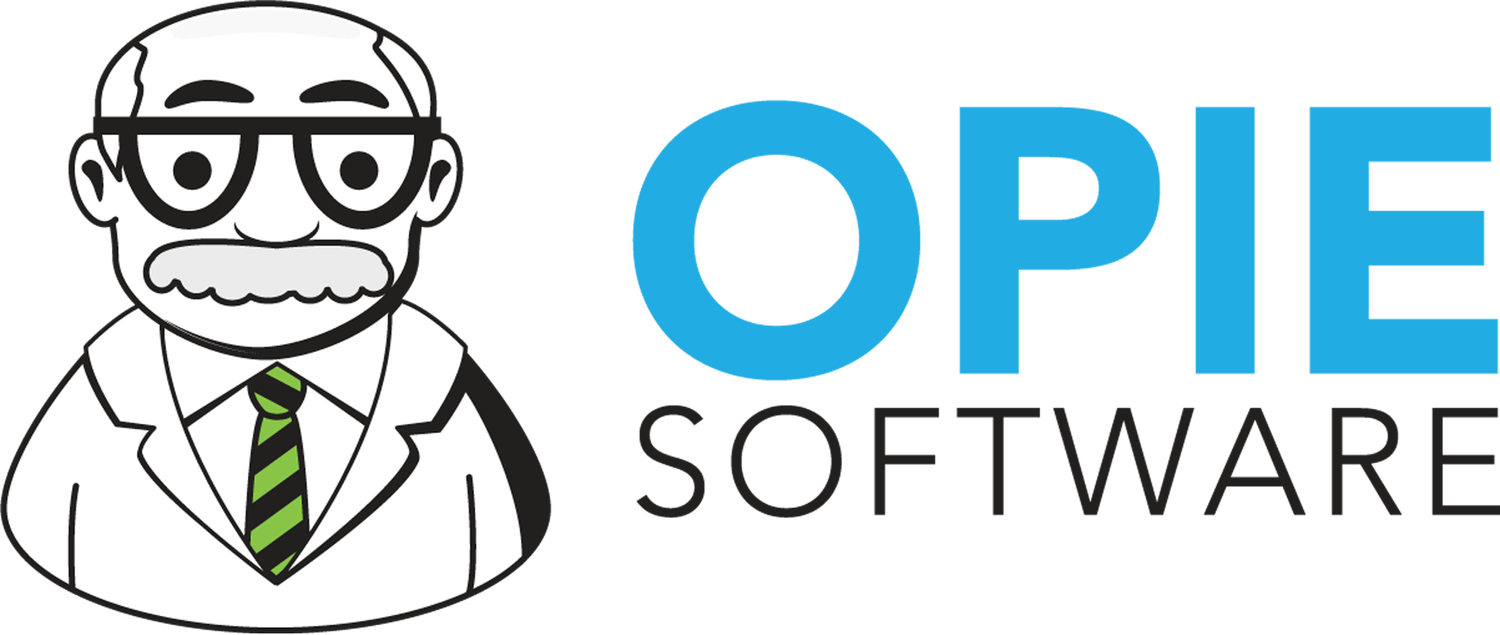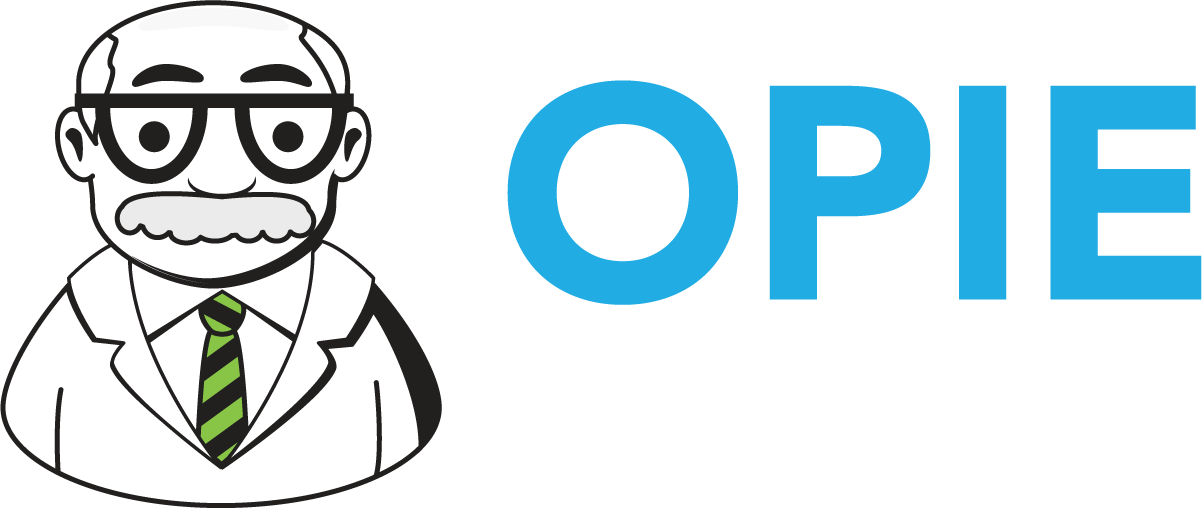Blog
The Eighth Habit
Do you think you’ve mastered Stephen Covey’s 7 Habits? Think again! Discover the crucial 8th habit that could transform your effectiveness. It’s not just about sharpening your saw – it’s about knowing when to put it down. Don’t miss out on Scott’s game-changing insight. Click here to read the full blog and take your success to the next level!
When You Are the Target
Last week we took our companies from good to great and implemented metrics. Now, as we are moving along and kicking butt, the data is taking a turn for the worse. And guess where the bottleneck is…It’s you! Crap. What do I do? I know you all know the answer, but is that really the question? It ain’t easy if you paint a target and find yourself at the center!
Leading with Integrity: Why Character is the Cornerstone of True Leadership
In a world obsessed with glitter and gold, true leadership wears an invisible crown: character. Forget flashy resumes, integrity is the secret sauce that turns followers into fanatics. Ready to ditch the charade and lead with substance? Let's dive into the heart of real leadership, where character reigns supreme.
The Goldilocks Principle
Happy New Year! Have you heard of “the Goldilocks Principle?” How’s your porridge? I ran across an article that reminded me of this principle and made me think about how it can apply to O&P. See what Goldilocks has to say about running a practice!
What Your New Prescriptions are Telling You
In his book “Blink,” Malcolm Gladwell describes how we “think without thinking:” how we make choices in the blink of an eye that really are not as simple as they seem and that are nearly impossible to explain to others. In a similar vein, we are often told to “trust our gut” when making business or even patient care decisions. There is a lot of evidence to support the success of those snap decisions, but there is a major caveat.
What You Don’t Know Can Hurt You!
Lately, my conversations revolve more and more around personnel issues. From probable scams to personality incompatibility, HR challenges can take their toll. Of course, each case is different, but there are some steps we can take to help mitigate any negative ramifications of what can be emotionally charged challenges. As an employer, you are expected to know certain things and behave in certain ways. As an employer in the health care field, you have Federal and State agencies creating requirements for you. Probably the most important thing you can do is…
The Power of Community
The World Health Organization noted that the global prevalence of depression and anxiety increased by 25% in the first year of the COVID pandemic. In March of 2023, KFF reported that 90% of US adults believe the country is facing a mental health crisis. I don’t know about you, but I have not seen 90% of the adult US population agree on anything in a decade or two. We see it every day. Last week I talked about the weariness we see in O&P. I think a lot of this stems from the fallout of the COVID catastrophe. In addition to the obvious issues, so much of our community was torn asunder.
Are You Ready?
For the most part, we are very small businesses. We do not have HR staff or even a single HR expert on our payroll. The owner does it all. We are pushing marbles uphill every day, and it is nearly impossible to keep up with everything. Then something totally unbelievable smacks you right upside the head. In employment law, there are many little things you can say or do that add up to really big consequences. You are probably not even aware that what you are doing is potentially putting your company, and your life’s work, at risk.
Management Blunders
I hope you had a great Independence Day celebration when we are reminded of the struggles, we as a nation endured to gain freedom and assert our individual rights. Among those is the right to do stupid stuff. Wait, really?
What the Dog Sees
This weekend I was doing a little extracurricular reading and ran across the name “Cesar Millan.” Cesar is perhaps best known as “The Dog Whisperer.” On his website, there is a tab on “Dog Psychology,” and in that tab is a feature called “10 Principles for Achieving Balance.” Principle 3 is “Know the difference between story and truth.” Imagine my delight when something random ties into something I had just written. Cesar says that “humans tell stories, while dogs tell the truth.”
To Make a Change at Work, Tell Yourself a Different Story
If you interact with society today, you probably sense that there is discord in the social structure. Without judging right or wrong, it is clear that there are differing world views and those differing world views are often at odds with each other. Our workplaces can be a microcosm of society, so we are probably seeing some signs of that discord at work. Nearly four and half years ago I wrote about how we can positively influence the culture in our workplace so that there is greater harmony and less discord. I think the concepts in that November 2018 blog are worth another read. I hope you do too, and I hope this week’s blog makes you stop and think, even if just a little. Remember, no matter how much we try, we only have power over our own reactions.
Why It’s So Hard To Change
About a month ago, we held the first in-person Bootcamp since COVID. The response was fantastic, and the people all seemed to like the way we structured everything. A key takeaway was a tool to help identify the biggest challenge each person is facing and a process to help solve the challenge.
Why It’s So Hard To Get Things Done
Do you use Microsoft Office Products in your practice? If you do, your company’s behaviors were probably part of the data they use to compile their annual workplace-productivity trends. They analyzed trillions of Microsoft 365 productivity signals, along with labor trends from the LinkedIn Economic Graph to spot trends that are probably impacting you!
Why Work Can Be So Hard
Most of us are in this profession because we are passionate about the care of people who need our services. That passion is a double-edged sword. It is great when it lights a fire under us to do our jobs well, but it is dangerous if it leads us into emotional decision-making. It is incumbent on us to take the time to understand why something happens in the practice rather than assuming we just know that it is due to some intellectual deficit of our co-worker!
When Clinical and Administrative Goals Collide
Do you ever have conflict in your office when the administrative staff and the clinical staff disagree on who should do what and when? This is not unusual and is not limited to O&P practices. If you have taken nothing else from everything we have been saying at OPIE, I hope the concept of “People, Processes, and Tools as a three-legged stool” has stuck. Without all three working in harmony, your practice is going to be limited in what it can do. The three distinct aspects of your practice must be working together. No one thing will let you be great.
Why Silos Don’t Break Down So Easily
CEOs are encouraged to bust silos so often you’d think half their job is driving bulldozers over grain farms:
‘Employees must learn to work with different departments in cross-functional teams!’
‘Lack of awareness and understanding of other’s roles leads to inefficiencies and confusion!’
‘Lack of a “Mission-Focus” creates uncoordinated effort!’
All true, and that’s why the “no-silo dream” is a compelling one for executives. But there are a couple of problems with the dream: Your people are probably comfortable in their silos, and they’re often not working in an environment where they can easily get out of them.
Is Your Practice STACT?
If you read through my past blogs you will see a pattern emerge. I find there are five key principles of effective leadership that weave through the process. And because every article I read seems to have acronyms, I figure it’s time I try it. I think effective, strategic leadership allows you to “stack the deck” in your favor. So the word of the day to represent the key principles is STACT! Read on to find out what that means!
You Don’t Know What You Don’t Know
Do you ever have errors in your patient demographic data? Do you ever have a claim rejected because something was not submitted or was submitted incorrectly? Has a patient ever shown up for a delivery, but the device was not ready? Is there anything in your practice that you would like to do better?
Getting the Right Work Done
How do you know if you are spending your energy on the right things? We have had a lot of change over the past couple of years and many of our seasoned practices have lost some of the institutional memory that made things work really well. In just a few short months, we are bringing back the BootCamp. You have asked for it, and I think it is time. Join me with Lesleigh Sisson, Erin Cammaratta and Valerie Vastola as we help you implement some of the ideas in this week’s blog!
The Changing Meaning of Words
The French have the Académie Française that started in the early 1600’s to ensure that the French language had "exact rules" to keep communication unambiguous. We have no such thing here. Our language morphs. In September 2022, Websters added 370 new words to its dictionary. The study of words and their meaning is known as "lexicography," and they are quick to point out that the meanings of words are constantly changing.





















